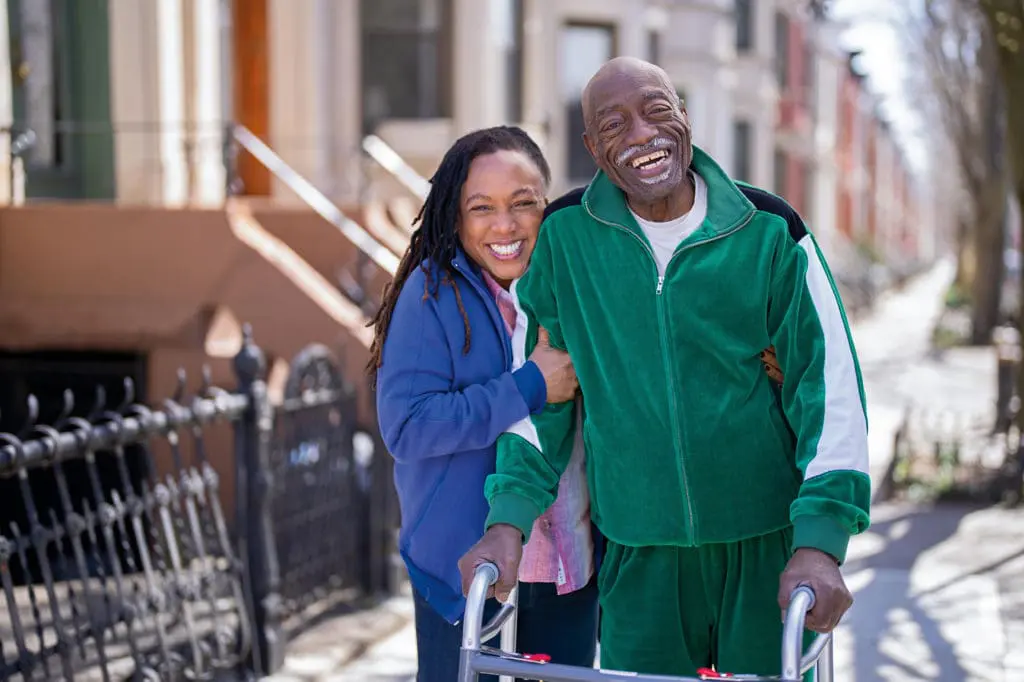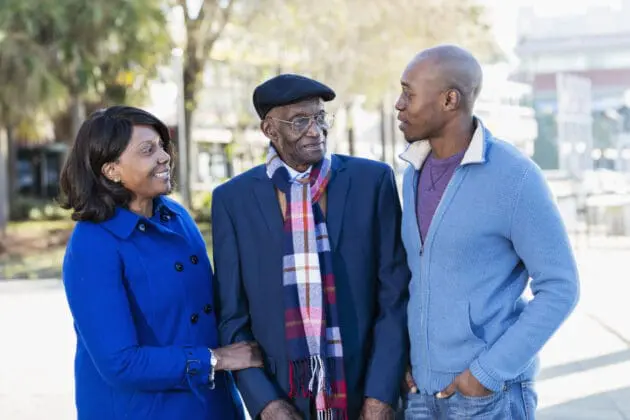
Some caregivers pay bills. Others keep tabs on medication. Still others live with their loved one, providing company as well as hands-on care. Because caregivers help their loved ones with all kinds of tasks, what qualities make a good caregiver depends on what their loved one needs.
No matter the amount of care needed, stress is part of the job. A 2020 study by AARP found that nearly one in four family caregivers say that caregiving has affected their health. Some caregivers get depressed or angry. Others put off doctor’s visits or have trouble maintaining healthy habits. But some caregivers find satisfaction and even pleasure in their duties.
What qualities does a caregiver need?
Personality Traits of a Good Caregiver
Patience
People who need care often take longer to complete simple tasks. They may ask the same questions over and over. Good caregivers need patience to deal with anything from a loved one’s memory lapses to angry outbursts. They practice staying calm and avoiding frustration.
Sometimes you may need support when caring for a loved one. Our personal care services can help you manage your loved one’s everyday tasks like cooking, dressing, bathing, and more.
Compassion
Empathy and understanding are absolutely necessary. Even when caring for an abusive person, caregivers try to remain empathetic and understanding.
Humor
Finding something to laugh about can make a tough situation bearable. A sense of humor keeps a caregiver emotionally strong and is a great stress buster.
Being Present
Good caregivers know the importance of respecting their loved one’s current abilities. Rather than focusing on what their loved one can no longer do, a good caregiver tries be in the moment with them — looking at photos, listening to music, cooking a favorite meal, remembering that they weren’t always sick.
Detail Oriented
Good caregivers are good managers. They create schedules, plan for emergencies, and organize information so they don’t have to scramble.
Able to Accept Help
Asking for help is not a sign of weakness. A good caregiver realizes they can’t do it all alone. They line up friends, family, or professionals to step in when they need a break.
Willing to Set Boundaries
A caregiver should respect their own limits and say no to demands when necessary.
Cooperative
A good caregiver is part of a care team that may include doctors, family, and friends. Being understanding and flexible goes a long way toward being a successful team player.
Assertive
Good caregivers advocate for their loved ones. They ask questions and expect answers. Good caregivers learn about their loved one’s condition, and they make sure their loved one gets the care they need.
Physical Traits of a Good Caregiver
Physically Fit
Caregivers may make many trips up and down stairs every day. Others need to help their loved one move from the bed to a chair. Helping with these transfers can lead to injuries. Being physically fit can make things easier, but it isn’t always enough to avoid getting hurt. Caregivers need to learn how to manage these chores safely, or know when to get help.
In Good Health
Staying healthy might be the most important quality of a good caregiver. It’s important to eat well, get enough sleep, and exercise regularly. Making and keeping your own doctor’s appointments is also key. And a good caregiver finds time to do things they enjoy. A person can’t take care of others well if they don’t take care of themselves.


